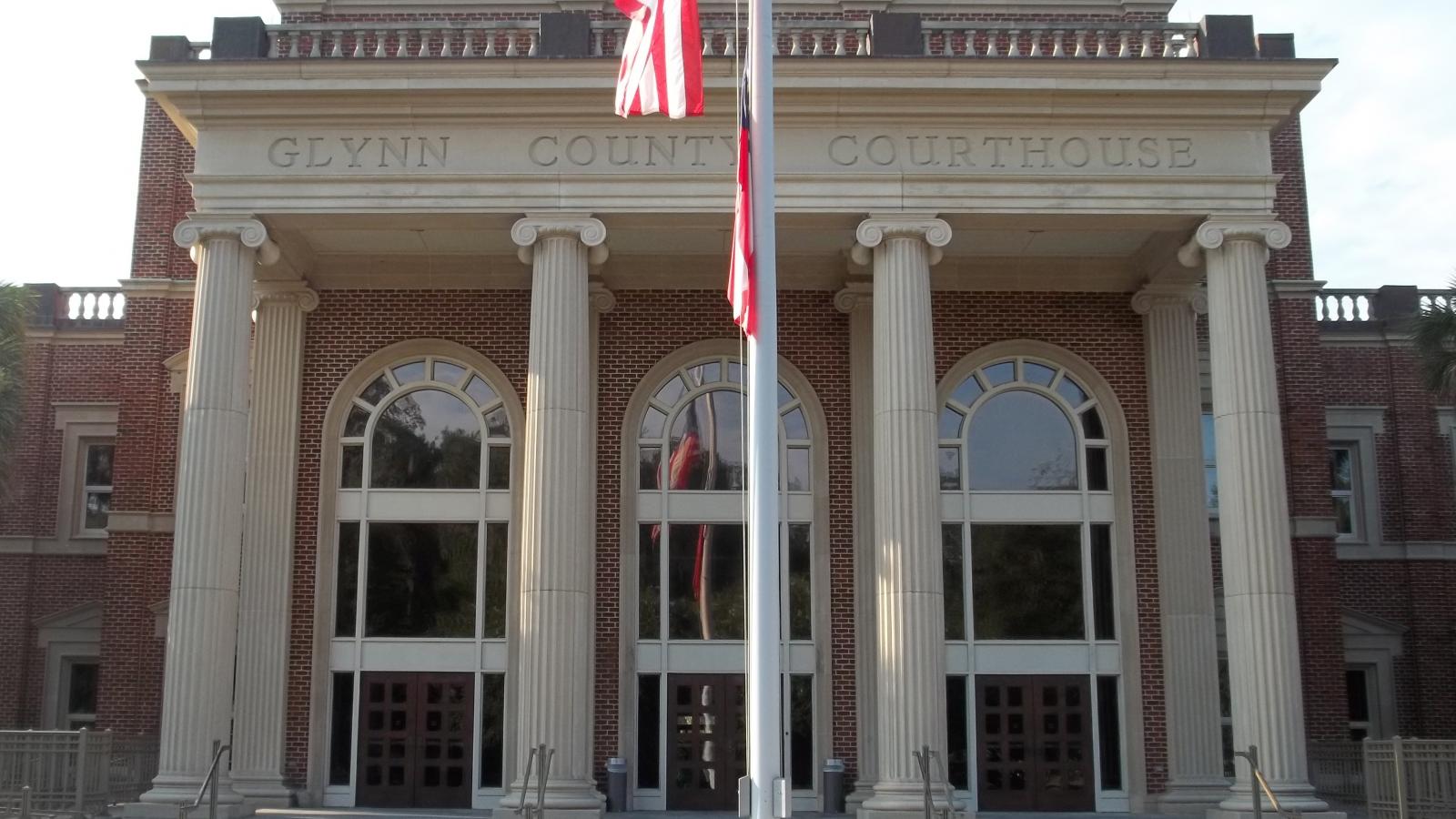A drug court program that we believe is run differently from every other drug court in the country, doing some things that are contrary to the very philosophy of drug court. The result? People with offenses that would get minimal or no sentences elsewhere sometimes end up in the system five to ten years.
-
Download Control-click (or right-click) Tap and hold to download
- Subscribe on Spotify Subscribe in Apple Podcasts Subscribe
- Transcript

On April 15, 2011, Ira Glass responded to a press release issued by Judge Williams' lawyer. On April 12, we posted a clarification and a correction regarding this story. November 10, it was announced that Georgia's Judicial Qualifications Commission had filed 12 charges of misconduct against Judge Williams. December 19, it was reported that Judge Williams will step down from the bench. Download a transcript for this show.
Part One
Part Two
We hear about how Brandi Byrd and many other offenders end up in Judge Williams' drug court. One reason drug courts were created was to save money by incarcerating fewer people. But in Judge Williams' program, people like Brandi end up in drug court—at a cost of $350 per month—who would've simply gotten probation in most other Georgia counties. When offenders like Brandi are kicked out of the program—and half of participants in Judge Williams' drug court program don't successfully complete it—they go into detention, at a cost of $17,000 per year. Brandi did two years.
We also hear how one model drug court participant, Charlie McCullough, was treated by Judge Williams. (25 minutes)



